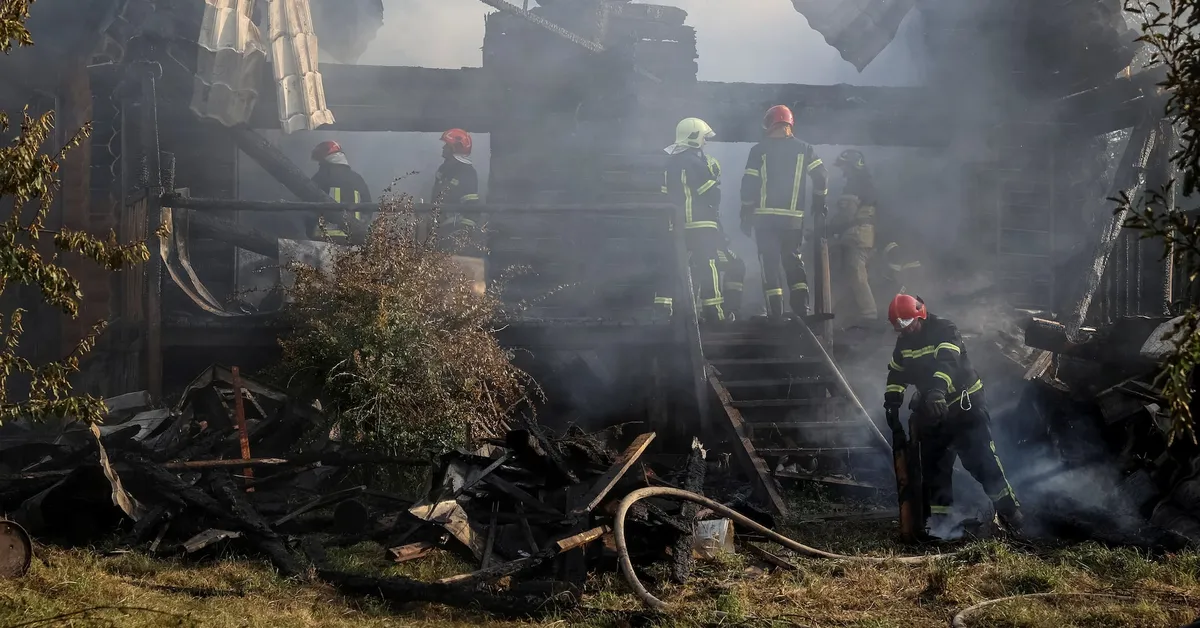
On August 24, 2023, U.S. Vice President JD Vance expressed optimism regarding a potential negotiated settlement in the ongoing war between Russia and Ukraine. In an interview on NBC's "Meet the Press" with host Kristen Welker, Vance emphasized that significant concessions have been made by Russian President Vladimir Putin as part of the negotiations. Despite the ongoing conflict, Vance is confident that progress is being made, albeit without clear indicators that the war is nearing its conclusion.
During the interview, Vice President Vance highlighted several key concessions from Russia, which he described as unprecedented in the three and a half years since the conflict began. He stated, "I think the Russians have made significant concessions to President Trump for the first time in three and a half years of this conflict." Notably, these concessions include a recognition that Russia will not be able to install a "puppet regime" in Kyiv, a demand that was central to initial negotiations. Furthermore, Russia has acknowledged the necessity of providing security guarantees to ensure the territorial integrity of Ukraine.
The war, which began with Russia's invasion of Ukraine in February 2022, has resulted in the deaths of tens of thousands and has devastated the region. As part of the ongoing discussions for a peaceful resolution, sources indicated that Putin is demanding Ukraine concede the eastern Donbas region, abandon its aspirations to join NATO, maintain neutrality, and prevent the presence of Western troops within its borders. This complex web of demands continues to challenge the prospects for peace.
In a related statement, Russian Foreign Minister Sergei Lavrov suggested that a coalition of nations, including members of the United Nations Security Council, should serve as guarantors of Ukraine's security. This proposal reflects a broader strategy for ensuring stability in the region as negotiations progress.
In the context of these negotiations, President Donald Trump has reiterated the possibility of imposing sanctions on Russia if substantial progress towards a peaceful settlement is not achieved within two weeks. Following his recent meeting with Putin in Alaska, Trump expressed frustration with Moscow's actions. Vice President Vance acknowledged that while sanctions may be considered on a case-by-case basis, they are unlikely to be effective in compelling Russia to agree to a ceasefire.
Vance pointed out Trump's announcement of a new 25% tariff on Indian goods as a response to New Delhi's purchases of Russian oil, exemplifying the type of economic leverage that could be utilized to promote peace. "He's tried to make it clear that Russia can be re-invited into the world economy if they stop the killing, but they're going to continue to be isolated if they don't stop the killing," Vance remarked.
As the situation in Ukraine continues to evolve, the potential for a negotiated settlement remains a topic of significant discussion among U.S. officials. The concessions from Russia, alongside the ongoing pressures from international leaders, may pave the way for a resolution that could ultimately bring an end to the conflict.